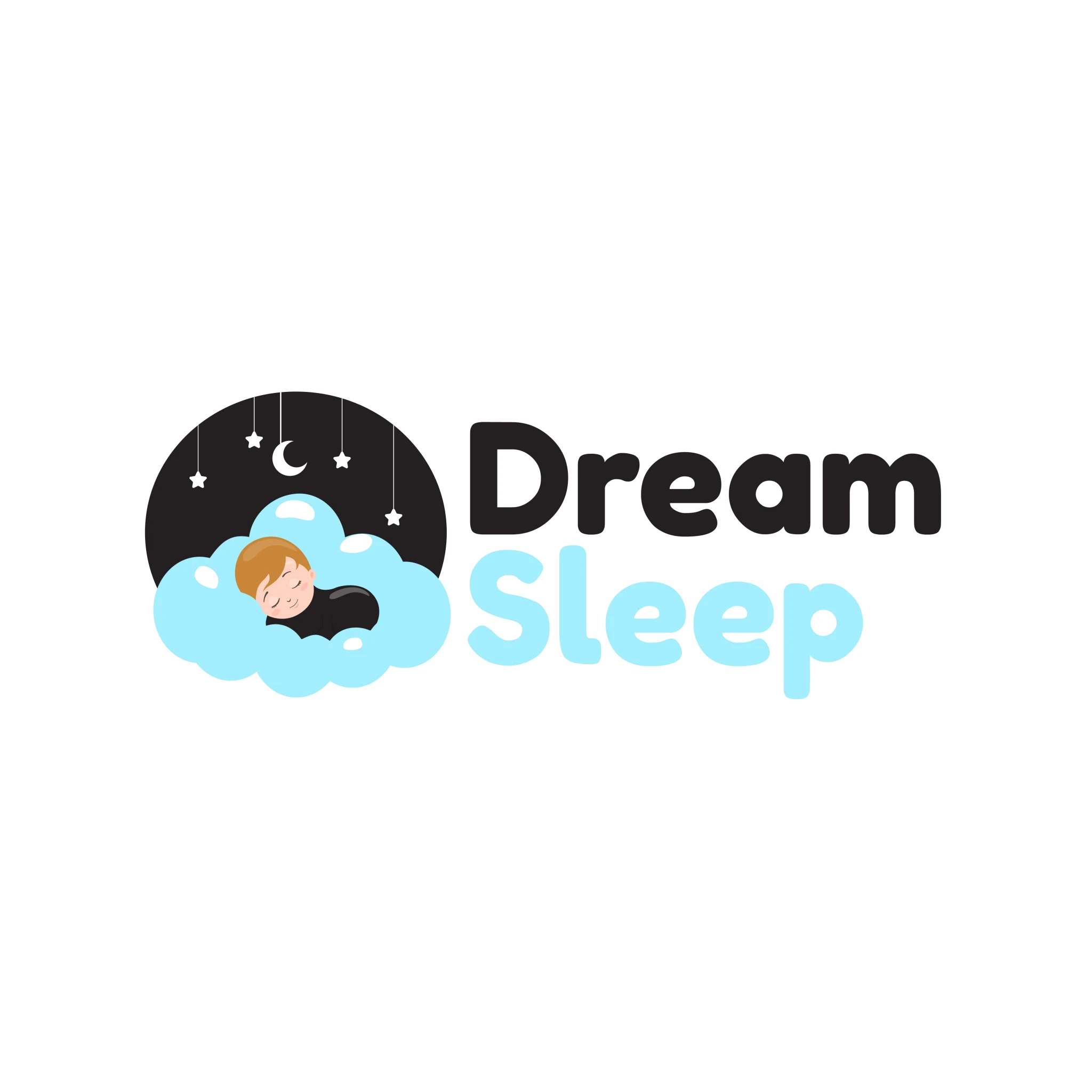Sensory interventions for hyperactive toddlers
When it comes to sensory interventions for hyperactive toddlers, there are several strategies you can try. It’s important to note that every child is unique, so you may need to experiment and see which interventions work best for your toddler. Here are some sensory interventions you can consider:
1. Deep pressure activities: Provide your toddler with activities that involve deep pressure input, which can help calm their nervous system. This can include activities like wrapping them snugly in a blanket, giving firm hugs, or allowing them to play with weighted toys or cushions.
2. Sensory play: Engage your toddler in sensory play activities that provide a variety of tactile experiences. This can include playing with sensory bins filled with materials like sand, rice, or water, exploring different textures with their hands, or engaging in messy play with materials like finger paints or clay.
3. Physical activity: Encourage your toddler to engage in physical activities that allow them to release excess energy. This can include activities such as jumping on a trampoline, running around in a safe and open space, or playing on playground equipment.
4. Calming sensory spaces: Create a designated calming area in your home where your toddler can go to relax and unwind. This space should be quiet, free from distractions, and include items that provide sensory input, such as soft pillows, cozy blankets, and calming music or white noise.
5. Visual schedules and timers: Use visual schedules and timers to help your toddler understand and anticipate daily routines and transitions. This can provide a sense of structure and predictability, which can help reduce hyperactivity and anxiety.
6. Limit sensory overload: Avoid overwhelming your toddler with excessive sensory stimuli. Reduce background noise, limit screen time, and create a calm and organized environment at home. Minimizing sensory overload can help your toddler feel more grounded and focused.
7. Outdoor time: Take your toddler outside to enjoy nature and engage in physical activities. Spending time outdoors can provide a calming effect and allow them to release energy in a natural environment.
To contact Dream Sleep Occupational Therapy via email info@DreamSleepOT.com.au or visit the website.
Or Book Now
Share this:
Leave a comment

For the best sleep possible
Dream Sleep Occupational Therapy provides evidence-based and personalised advice to support your family’s best possible sleep
Contact Us
Open Hours
Mon-Fri: By appointment only
Saturday: Closed
Sunday: Closed
Public Holidays: Closed
WA School Holidays: Closed
Location
Maylands, Western Australia.
Telehealth, online courses and sleep guides- worldwide
All Rights Reserved 2025 Dream Sleep OT.


